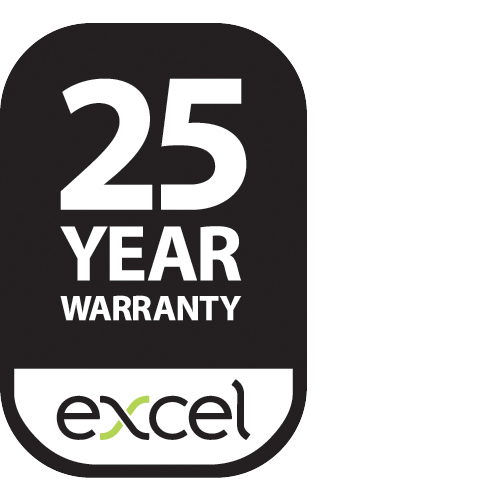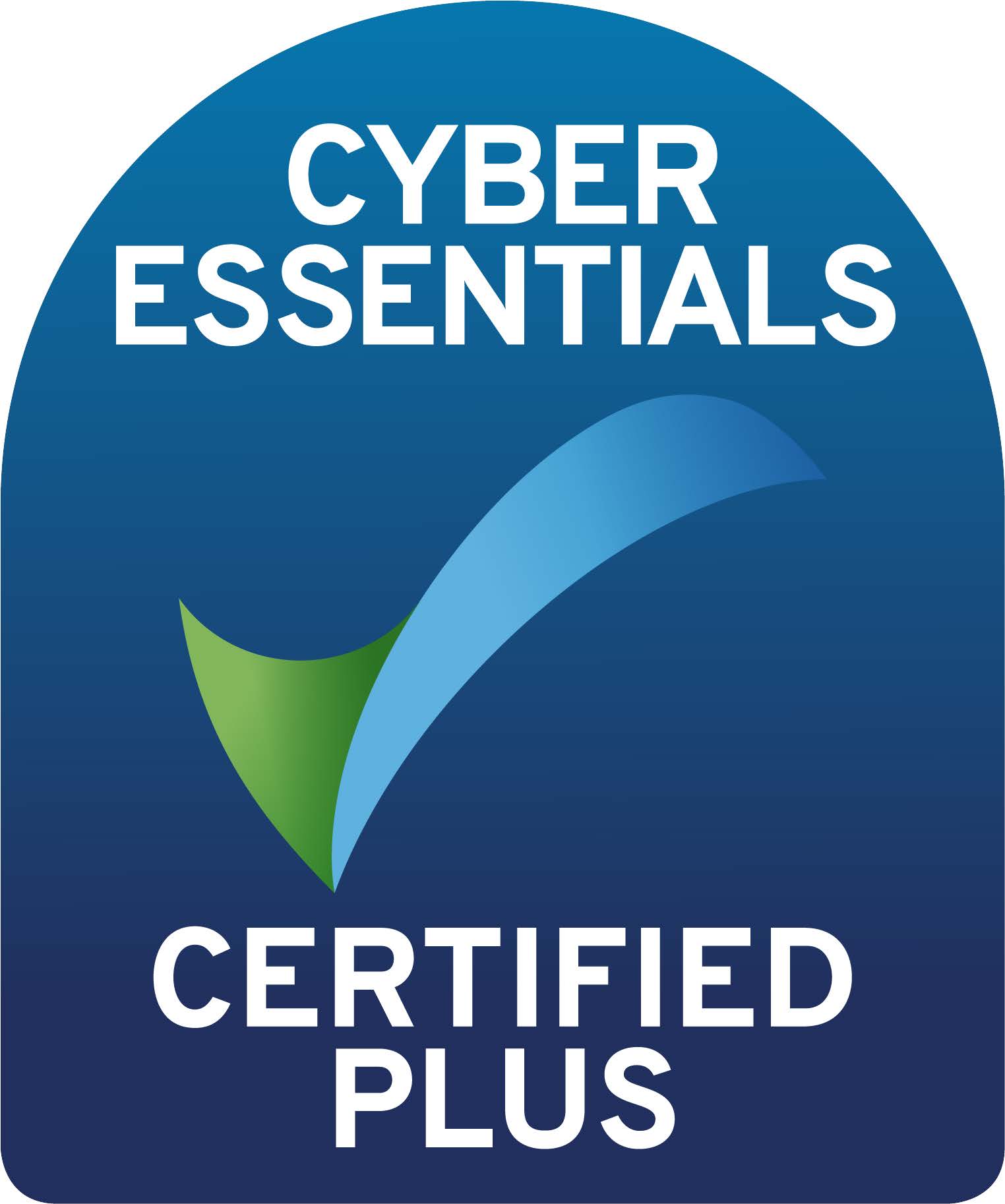How Can I Keep My Sensitive Data Safe in the Cloud?
How Can I Keep My Sensitive Data Safe in the Cloud?
What don’t we store in the cloud nowadays? Over the years, we have used it with gusto as we abandon our USB flash drives and refused to send photographs by email. Pretty much everything has shifted to the cloud as we have learnt to rely on it and trust it. Cloud computing, which once seemed so alien, is now a part of everyday life and is fast becoming a place where data is stored permanently.
There are many of us storing bank documents and confidential information on the cloud, but is our private information 100% safe and secure? Here are five privacy protection tips to help you make your cloud storage experience as safe as possible.
Read the User Agreement from Your Provider
Before signing-up to a service, reading the lengthy user agreement can really be of benefit. Knowing exactly how certain cloud computing providers operate and what level of security they provide can go a long way in helping you make the best decision. More often than not, educating yourself on cloud storage using the user agreements from two of three of your chosen providers can ensure you’re making the correct decisions in regards to privacy and protection. Reading the texts can be boring, but they often answer any questions that you have.
Passwords Are Key
There are some terrifying statistics when it comes to passwords, such as reports stating the laxest can be cracked in under 90 seconds. Having a complex password is a warning that we hear so often and yet few of us rarely abide by it. To ensure your private data is as safe as possible in the cloud, you will need to abandon your easy to remember passwords and refrain from using the same password across all log-ins. Utilising a mixture of numbers, capital letters, and symbols within your password can help make it secure.
Encryption is Best for Data Protection
Encryption is generally considered the best way to protect your sensitive data. Encryption software works by allowing you to password protect a specific file. Once completed, you can then move this password protected file to the cloud, and nobody can ever see the contents of the file without knowing the password. To save time, you can even put multiple documents into a zip file, and then encrypt the folder with a password.
Use an Encrypted Cloud Service
Some cloud service providers not only store and backup your files, but also provide local encryption and decryption. The provider encrypts the chosen files on your computer and places them in the cloud, removing the need for you to use another software.
Takeaway
When considering cloud storage services, it is best to evaluate the data you are wanting to store, how sensitive it is, and what extent you should go to in regards to protection. When choosing a provider, concentrate on the privacy settings they have in place, and whether they would suit you.
Understandably, higher levels of protection come with an escalated price tag compared to the standard offerings. Therefore, it is all about striking a balance between a suitable level of protection for your information and the amount of money spent on doing so.








